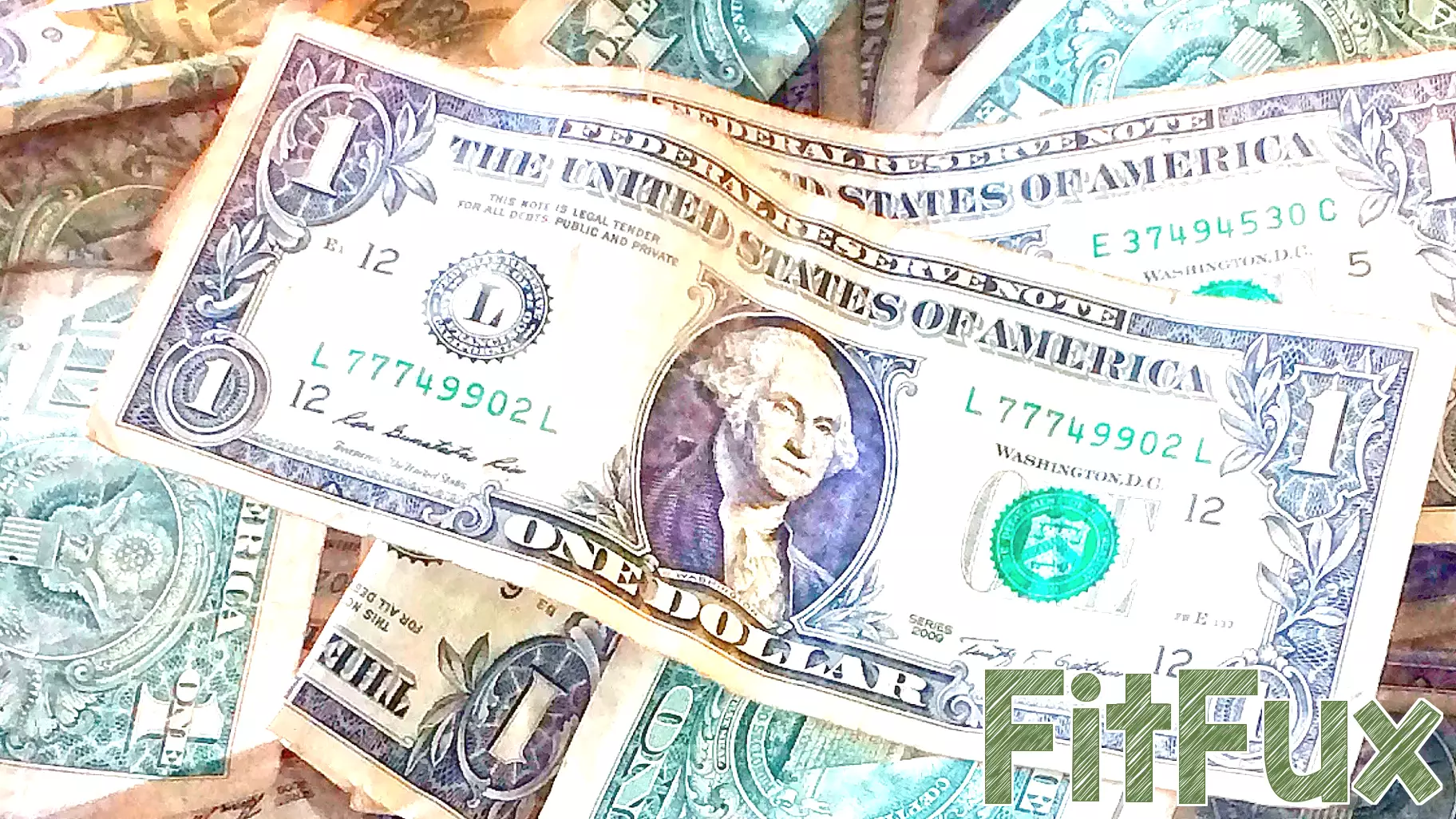March 23, 2025 - 17:11

Health savings accounts (HSAs) can be valuable components of savings toolkits, especially for individuals planning for retirement. These accounts offer a unique blend of tax advantages that can significantly benefit retirees. Contributions to HSAs are made with pre-tax dollars, reducing taxable income during the working years. Moreover, the funds grow tax-free, allowing for potential accumulation of savings over time.
Upon reaching retirement age, the flexibility of HSAs becomes even more appealing. Withdrawals for qualified medical expenses can be made tax-free, which is particularly advantageous as healthcare costs tend to rise with age. Additionally, once individuals reach the age of 65, HSAs can be used for non-medical expenses without incurring a penalty, although such withdrawals will be subject to income tax.
Retirees can utilize HSAs to cover various healthcare costs, including premiums for Medicare and long-term care insurance. This strategic approach not only helps manage medical expenses but also preserves other retirement savings for different needs. As healthcare continues to evolve, understanding the nuances of HSAs can empower individuals to make informed decisions about their financial futures.



